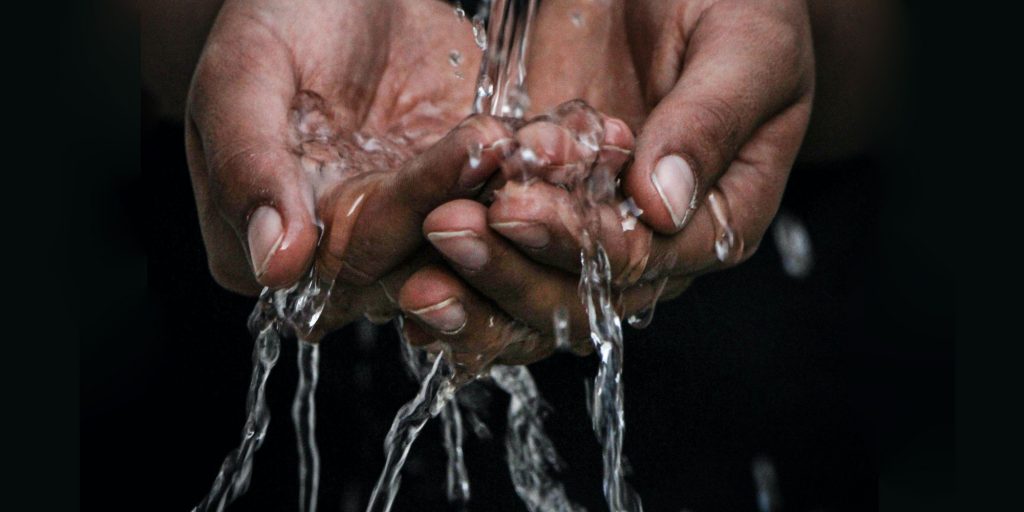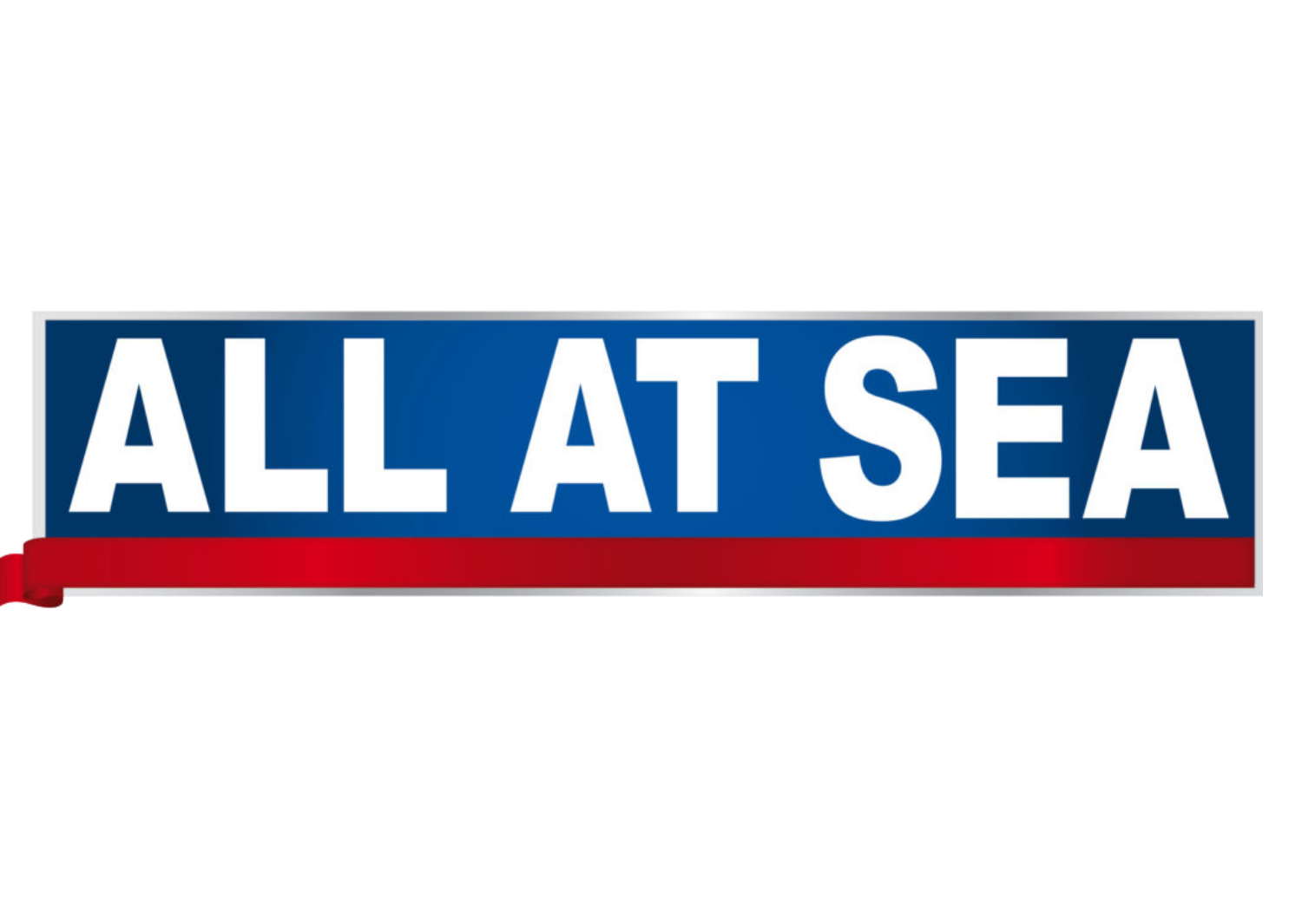From sailing the open seas with Kraken Travel to basic human needs such as drinking, cooking, and sanitation, water is a fundamental resource that sustains us all. However, despite its significance, billions worldwide still lack access to safe drinking water and sanitation. According to the UN, 2.6 billion people lack safe drinking water and 3.6 billion lack safe sanitation.

Every year on the 22nd of March since 1993, the UN holds a day of observance for World Water Day and works to bring awareness to water crises, the importance of fresh water, and the advocation for proper water management. Dysfunction throughout the water cycle is compromising progress on all major global issues, from health to hunger, gender equality to jobs, education to industry, and disasters to peace. Billions of people and countless schools, businesses, healthcare centres, farms, and factories are being held back because their human rights to water and sanitation still need to be fulfilled. The theme for this year’s World Water Day is “accelerating change”.
It can be very easy to read something about a crisis and never picture the places affected by it. So, we’ve gathered information from different countries and the water-based crisis they are experiencing to remind people who the face is behind the name. Saying that, we also provide you with some great tips in order to begin your journey to making a change, no matter how small.
Lebanon
Last summer, UNICEF reported that more than 71% of Lebanon’s population faced critical water shortages. Since then, the situation has further devolved due to ongoing drought in the Middle East combined with Lebanon’s economic crisis and the country’s poorly-managed water systems. The economic crisis has caused prices to skyrocket and made water an even harder commodity to access.
The most vulnerable residents face the greatest impacts of this water scarcity, especially Lebanon’s large refugee communities, who lack reliable access to basic sanitation services. Health centres around the country, including the capital of Beirut, are also faced with life-threatening water shortages.

Eritrea
The population of Eritrea in East Africa has the least access to clean water, with 80.7% of the population being affected. Lack of adequate household sanitation means open water sources are often contaminated by human and animal waste. Deforestation and poor farming practices also make the problem of water pollution worse. However, Eritrea sees improvements in water as the government, nongovernmental organisations, and private companies unite their efforts with communities.
Mozambique
In Mozambique, rural populations and people in the north are the worst off for clean water and sanitation. This is 52.7% of the population that lacks basic water services. In addition, rapid population growth and urbanisation are putting a strain on all water systems. In March and April 2019, Cyclones Idai and Kenneth dealt a terrible blow to the coastal city of Beira and the north, displacing many families. Flooding continued for months, creating conditions for outbreaks of cholera and other water-related diseases.

Miami, USA
The US state of Florida is among the five US states most hit by rain every year. However, a crisis is brewing in its most famous city, Miami. An early 20th-century project to drain nearby swamps had an unforeseen result; water from the Atlantic Ocean contaminated the Biscayne Aquifer, the city’s main source of fresh water. Although the problem was detected in the 1930s, seawater still leaks in, especially because the American city has experienced faster rates of a rising sea level, with water breaching underground defence barriers installed in recent decades.
Accelerating Change
This year the UN has a great concept driving its campaign – the ancient story of the hummingbird.
One day in the forest, a fire broke out. All the animals ran for their lives, but the hummingbird worked to extinguish the fire. By flying back and forth carrying water droplets in its beak, the bird endeavoured to do what it could. While being a small entity that can only carry a small amount of water and help, the hummingbird strived to put in an effort. Something that truly makes a difference instead of sitting back to watch. Change begins in the little things, so we’ve compiled some tips and tricks for starting the effort.

By 2025, half of the world will live in water-stressed areas unless we start thinking about how we treat and use water. At Kraken, there are many things we continually try to implement into sailing sustainably, but it goes so much further than on a sailboat. To learn more about being a responsible sailor, read last year’s World Water Day blog, get some sailor tips and tricks, and join us in accelerating change this year.
Visit the World Water Day ‘Be the Change’ page to learn more about the UN’s efforts and see what action you can take.
Kraken Impact Fund
As sailors, we are closely connected to the natural world, often relying on the winds and tides to power our adventures. We’ve seen the impacts of a changing climate and environmental issues at first hand. That’s why the environment is so important to us at Kraken; a fundamental consideration in all we do.
Are sailing holiday’s eco-friendly?
Sailing holidays are by definition low impact; we aim to be under sail as much as possible and limit engine use to manoeuvring in port or when the winds are against us. Food tends to be simple and wholesome communal cooking and we minimise the use of water and other energy. In most cases, your travel to the boat will have a bigger impact than the sailing trip itself.What is the contribution to the environmental impact fund?
Even a low-impact sailing holiday causes some environmental impacts, from the fuel we use when we need to run the engines or generator, to cooking food, using water and or using taxis for excursions. And of course, your travel to the port also has an impact, especially if it involves flying.We’ve calculated the impact a typical Kraken adventure has on the environment (including your travel to/from the port) using a standard carbon accounting approach. This involves identifying the different aspects of an adventure holiday and then applying greenhouse gas emissions factors to determine the overall impact, in terms of tonnes of emissions of carbon dioxide equivalent.
We will then invest in projects impact offsetting projects from trusted organisations that deliver positive environmental and social outcomes, such as supporting forest protection and tree planting and improving access to clean drinking water the use of energy-efficient cookstoves in the developing world or tree-planting schemes.
So whether you’re at home or on the sea, you can do your bit now to make life a little more water-efficient.
















